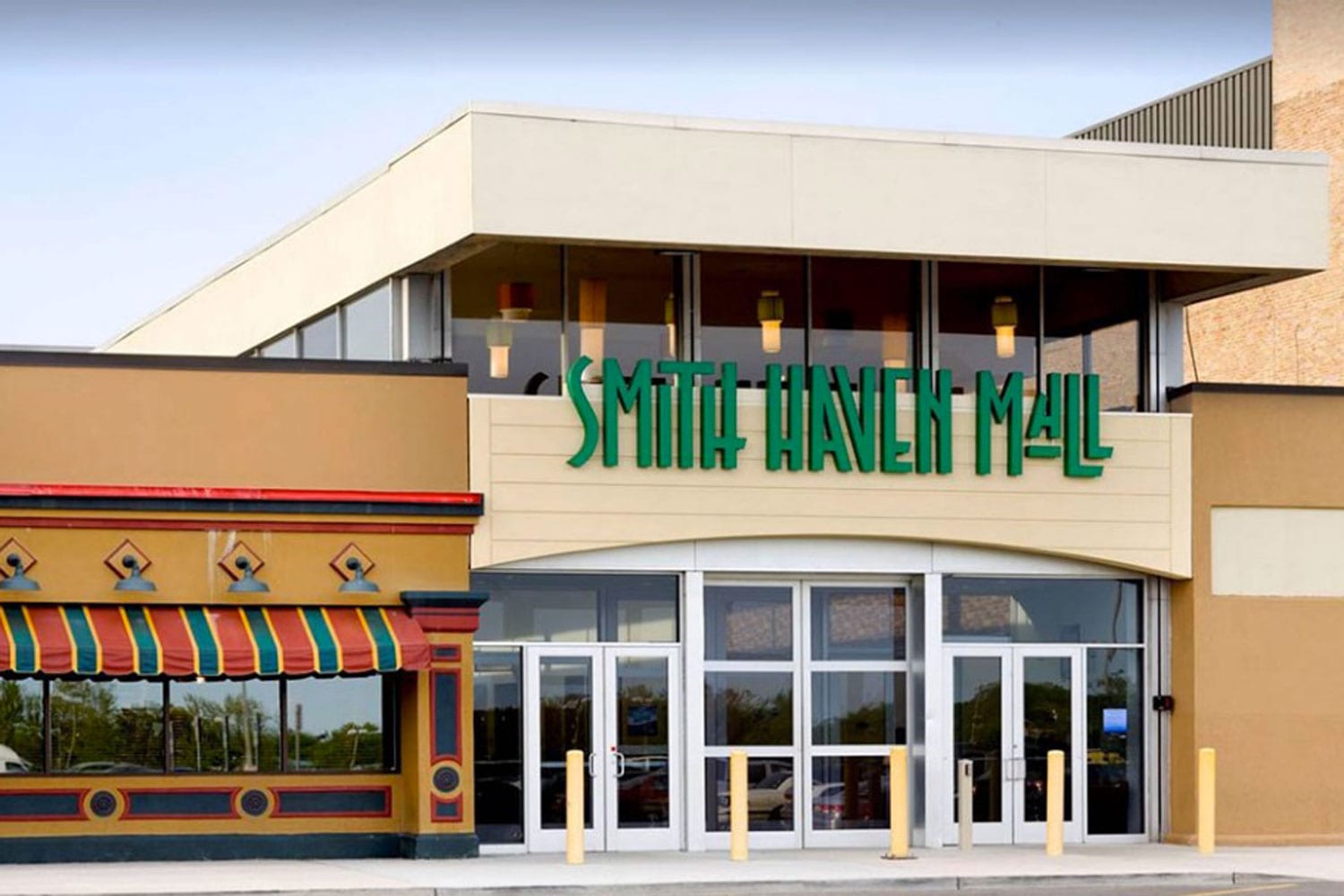
Before the pandemic, the shopping mall industry was seeing a crowd decrease due to the rise of e-commerce. This, in turn, effected the wellbeing of the brick-and-mortar building, sending major flagship stores into bankruptcy.
Now, consumers have dramatically altered their shopping habits, sending e-commerce numbers soaring. According to Business Insider, the number of retail stores continues to decline, with 100,000 stores expected to close their doors by 2025.
So, what does this mean for the malls of Long Island?
Well, it isn’t as bad as you may think. Our malls are doing better than the national average. According to real estate information firm Costar’s National Director of Retail Analytics, Brandon Svec, reasons include the area’s high population density and incomes. “They’re getting enough sales per square foot to support keeping those malls occupied,” said Svec.
But why?
Robb Paltz, Associate Managing Director with Moody’s Investor Service in Manhattan, insists malls diversifying their tenant line-up tend to do better.
“It makes sense to really keep up with what the tenants want,” he said.
Let’s take Roosevelt Field Mall in Garden City, for example. While it boasts to be the second largest in New York State, the mall prides itself on a recent month-to-month incline in foot traffic and sales. This is believed to be due to its diverse retail roster. Roosevelt Field Mall has mastered the “synergistic impact” of having multiple varying tenants in one place.
Many malls have lost their flagship stores, contributing to the lower crowd turnout. Case in point: the Smithhaven Mall, of Lake Grove, lost JCPenney in 2019, and Sears soon thereafter in May 2020. However, it remains the home of the only LL Bean store on the Island, and is expecting a new line of tenants including Ruth’s Chris Steak House. Stony Brook has purchased the former Sears and Sears Auto Center properties with plans for a multi-specialty care facility.
The Smithhaven Mall seems to be adopting some of the new techniques that mall developers have been exercising to keep up with their communities — replacing major department stores with discount retailers such as Marshalls or HomeGoods; major entertainment entities such as Dave & Busters and movie theaters; and medical offices and/or high-volume lifestyle tenants.
Bay Shore’s Westfield Southshore Mall seems to have rebounded “pretty well” from everything that has happened, says spokeswoman Vanessa Mitton. Shoppers may be visiting less frequently, but those who are coming in are staying longer and spending more money. Mitton believes shoppers still want to come to the mall to see products in person; to feel it and try it on.
Vacant spaces at the Westfield Southshore Mall are being used by community-serving resource hubs like an art gallery, as well as New York Blood Center and Northwell Health Center. These entities pay a nominal fee that covers the cost of utilities.
Although the malls mentioned have observed general positivity in their “remodel” phases, malls like the Sunrise Mall in East Massapequa are unsure of what the future holds.
Sunrise Mall has taken multiple hits over the past few years. With major retailers like JCPenney, Walmart and Sears exiting the premises, its three remaining anchors are: Dick’s Sporting Goods, Macy’s, and Dave & Busters. Sunrise Mall Holdings LLC originally bought the land for $29.7 million. In 2005, the property sold for $143 million.
“They’re basically buying the land, minus the cost to get rid of the building. It’s a land deal. A price like that is basically saying that the existing structure is worthless,” says Kenneth R Schuckman, President of the Rockville Centre-based firm, Schuckman Realty.
Sunrise Mall Holdings LLC has declined to disclose its specific plans, but has mentioned plans to redevelop the property.